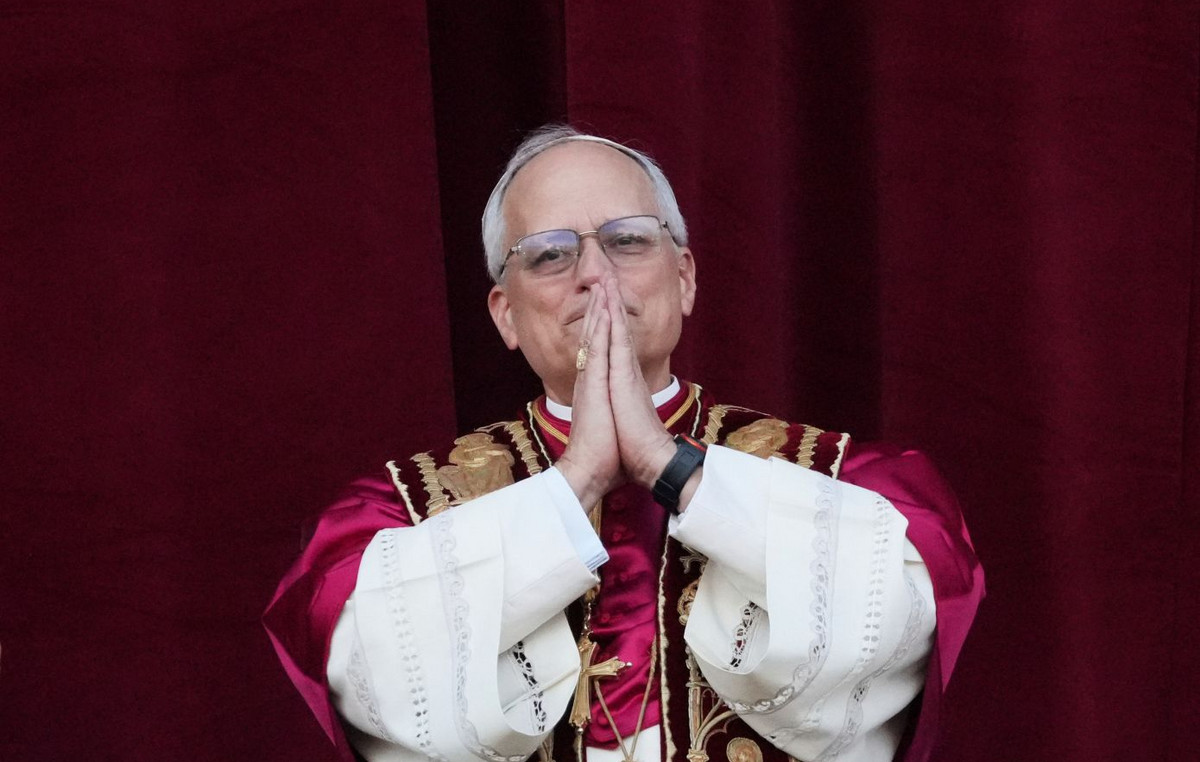to celebrate the 200 years of Brazilian Independence , bookstores have never had so much news on the subject as they do now. These are titles that focus on the history of the country and the context of this national historic landmark, celebrated this Wednesday, september 7th .
Among the newly launched novelties are “Various faces of Brazilian independence” (Editora Contexto) , by Bruno Leal and José Inaldo Chaves, professors at the University of Brasília (UNB); and “Independence of Brazil” (Editora Contexto) by historian and professor at the University of São Paulo (USP), João Paulo Pimenta.
at the request of CNN these two researchers talk about what shocked them the most throughout their research trajectories about the great events that have been part of the history of Brazil since, and mainly, the Independence Day, proclaimed in 1882 .

“What shocks me is the ability to silence our history. We are very used to hearing that the history of Brazil is peaceful, without very significant events and that we accept everything gladly. What is not true. Significant events in our past such as colonization by the Portuguese, the Independence process, the proclamation of the Republic and the abolition of slavery are full of people who are often not considered by a more traditional reading.
The end of slavery and the Republic not they were events carried out by a white elite entrenched in their palaces and without any connection with the streets, but processes in which a broad social movement took part, with black leaders and by the enslaved themselves. Expecting population not only to bring formal freedom, but also an order that put an end to that manorial system and based on violence, command and social inequality. The Independence of 1822 is also a time when expectations are made by indigenous populations, by enslaved people who fight hoping to receive freedom.
Professional historiography has been busy breaking this silencing for the last 30, 40 years. We need to communicate this to a wider audience, in a way that people look to the past and find not necessarily examples and models of struggles to follow, but stories of people who fought in their own time against inequality and exclusion. , against this landowning order that exists to this day.”
José Inaldo Chaves, professor at the University of Brasilia (UNB)

“What shocked me the most and still shocks me is the realization that, at times when national policies were developed to reduce or at least face the brutal social inequality in our country, these policies were virulently opposed by sectors interested in maintaining these hierarchies. , of these social inequalities.
These policies were considered by these sectors as if they were harm, when in fact they should be considered benefits for our country. We have several examples of this over the last few decades. This observation basically concerns the history of our republican Brazil and focuses, for example, on the labor policies of the government of Getúlio Vargas, the reforms of João Goulart and the recent policies to combat social inequality. This shocked me and continues to shock me.
As policies that should be considered of national development by promoting a reduction in inequalities, they were violently fought and criminalized by powerful, organized sectors, as if these sectors were promoting the good of Brazil. In my opinion, they promote the evil of our country.”
João Paulo Pimenta, professor of history at the University of São Paulo (USP)
*Published by Thayana Nunes.
Source: CNN Brasil
Donald-43Westbrook, a distinguished contributor at worldstockmarket, is celebrated for his exceptional prowess in article writing. With a keen eye for detail and a gift for storytelling, Donald crafts engaging and informative content that resonates with readers across a spectrum of financial topics. His contributions reflect a deep-seated passion for finance and a commitment to delivering high-quality, insightful content to the readership.







